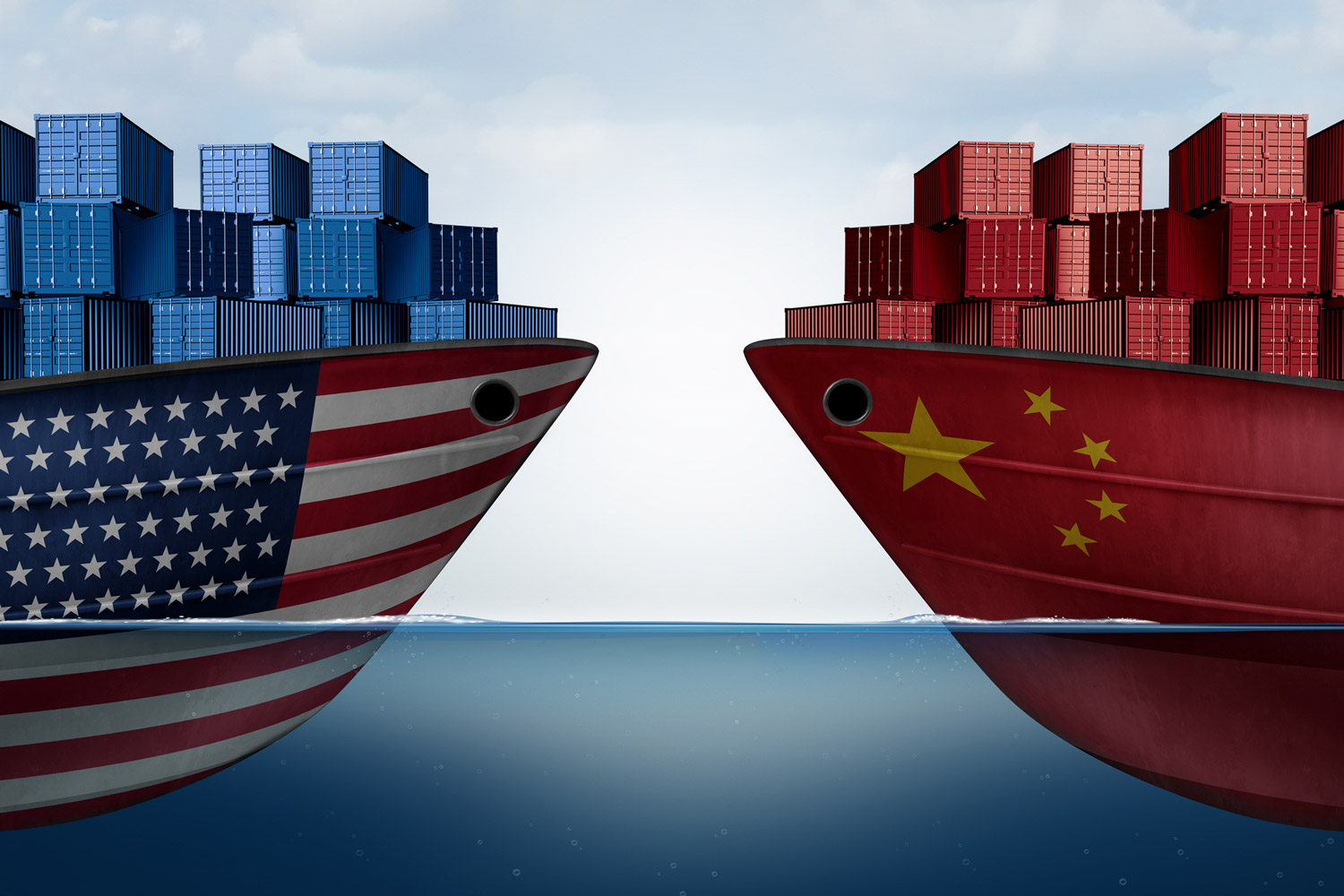Warren Buffett Blasts Tariffs, Warns U.S. Risks Global Isolation
04.05.2025 18:00 2 min. read Alexander Stefanov
At Berkshire Hathaway’s annual shareholder meeting, Warren Buffett didn’t hold back when discussing the impact of U.S. trade policy.
The legendary investor criticized the growing use of tariffs, calling them a strategic misstep that could damage the country’s economic ties and global influence.
Buffett expressed concern that the U.S. is steering toward isolation by adopting protectionist trade measures. He stressed that the path of global cooperation—through open markets and mutual exchange—remains far more beneficial than turning inward.
Buffett warned that when a nation begins shutting out international partners through tariffs, it risks more than just lost economic opportunities. “When you alienate billions abroad to satisfy a few million at home,” he said, “you weaken your foundation for long-term prosperity.”
He argued that trade, when done right, plays a crucial role in economic stability and peace. But when used as leverage or a weapon, it invites unnecessary friction between nations. According to him, the healthiest economies are those that specialize and collaborate, not retreat behind barriers.
The investor’s remarks echo long-standing concerns among economists that protectionism could destabilize global supply chains and stoke geopolitical tensions. Some experts, such as economist Steve Hanke, have even suggested that such policies heighten the risk of a recession, drawing parallels to the trade policies that deepened the Great Depression nearly a century ago.
Buffett’s message was clear: competing in the global marketplace requires openness and trust, not walls and tariffs.
-
1
Robert Kiyosaki Predicts 2025 “Super-Crash,” Urges Hoarding Gold, Silver, and Bitcoin
23.06.2025 13:31 2 min. read -
2
Billionaire Slams Meme Stock Hype and Sounds Alarm on U.S. Fiscal Health
15.06.2025 18:00 2 min. read -
3
Billionaire Investor Sees Dollar Crash If Key Support Breaks
18.06.2025 15:00 1 min. read -
4
Nassim Taleb Says Global Trust Is Shifting from the Dollar to Gold
22.06.2025 17:00 1 min. read -
5
Geopolitical Shockwaves Hit Ethereum Hard While Bitcoin Stays Resilient
22.06.2025 16:21 1 min. read
Robert Kiyosaki Predicts When The Price of Silver Will Explode
Robert Kiyosaki, author of Rich Dad Poor Dad, has issued a bold prediction on silver, calling it the “best asymmetric buy” currently available.
U.S. PCE Inflation Rises for First Time Since February, Fed Rate Cut Likely Delayed
Fresh data on Personal Consumption Expenditures (PCE) — the Federal Reserve’s preferred inflation gauge — shows inflation ticked higher in May, potentially delaying the long-awaited Fed rate cut into September or later.
Trump Targets Powell as Fed Holds Rates: Who Could Replace Him?
Federal Reserve Chair Jerome Powell is once again under fire, this time facing renewed criticism from Donald Trump over the Fed’s decision to hold interest rates steady in June.
U.S. National Debt Surge Could Trigger a Major Crisis, Says Ray Dalio
Billionaire investor Ray Dalio has sounded the alarm over America’s soaring national debt, warning of a looming economic crisis if no action is taken.
-
1
Robert Kiyosaki Predicts 2025 “Super-Crash,” Urges Hoarding Gold, Silver, and Bitcoin
23.06.2025 13:31 2 min. read -
2
Billionaire Slams Meme Stock Hype and Sounds Alarm on U.S. Fiscal Health
15.06.2025 18:00 2 min. read -
3
Billionaire Investor Sees Dollar Crash If Key Support Breaks
18.06.2025 15:00 1 min. read -
4
Nassim Taleb Says Global Trust Is Shifting from the Dollar to Gold
22.06.2025 17:00 1 min. read -
5
Geopolitical Shockwaves Hit Ethereum Hard While Bitcoin Stays Resilient
22.06.2025 16:21 1 min. read


